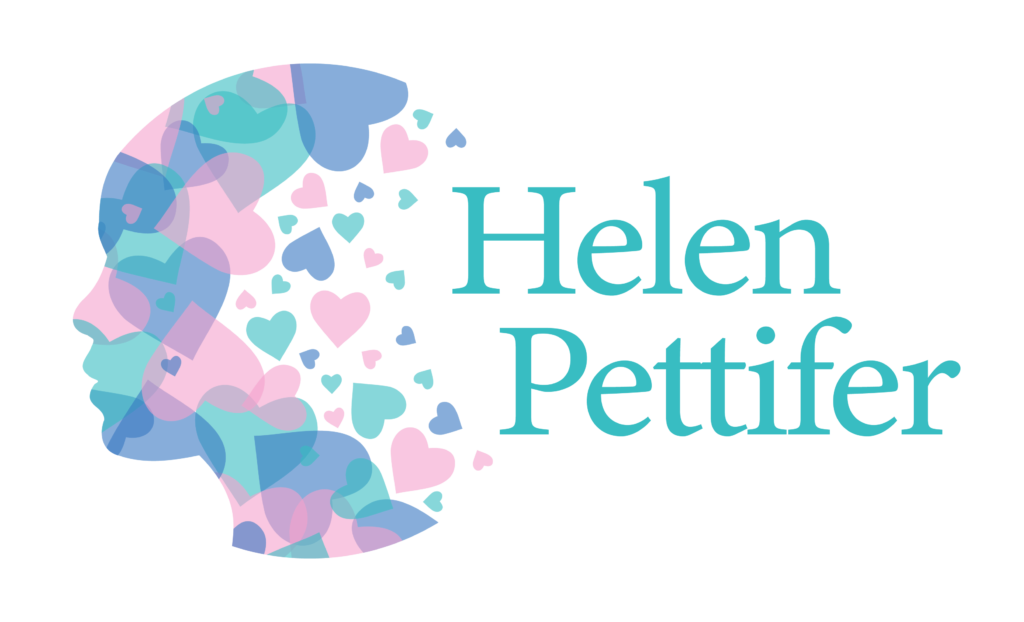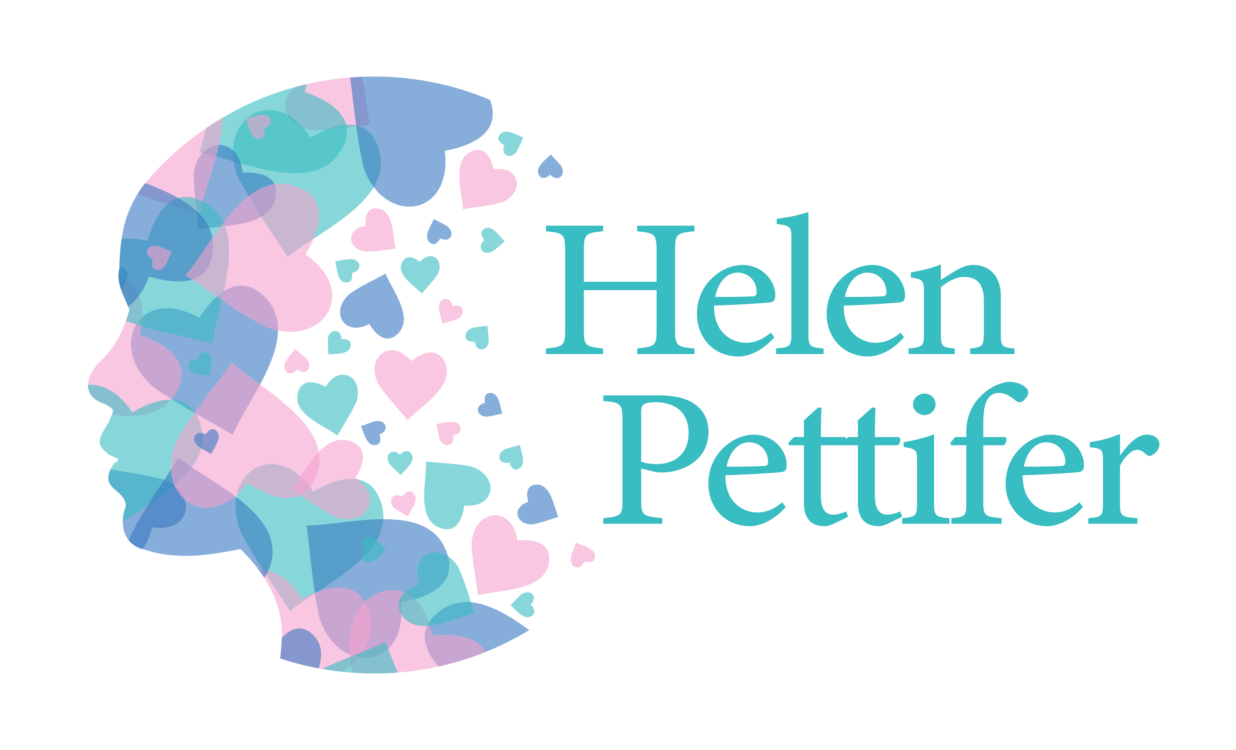Be Aware of Economic Abuse
In April, the Government published two documents that aim to address the issue of economic abuse. With this issue in the spotlight, I wanted to explore this form of financial vulnerability and how it can be addressed.
What is Economic Abuse?
Economic abuse is where someone’s access to money or financial decisions are restricted, exploited and sabotaged by another. This can include:
- Checking all bank statements and receipts to control spending
- Accessing the victim’s account or forcing the victim to close an account and spending their savings
- Taking their wages or prohibiting them from working
- Forcing them to take out loans in their name
- Refusing to contribute to household bills and other expenses, so the victim carries the full financial burden
By diminishing the victim’s access to money and financial control, the abuser forces them to become economically dependent on the relationship and incredibly vulnerable.
Chasing Debt
Economic abuse is a vulnerable circumstance which isn’t widely known about, yet Refuge suggests that 16% of UK adults experience it. It is an important issue to learn about, especially if your role involves chasing unpaid bills and recovering debt.
Sometimes a person’s ability to pay is prevented by the controlling actions of an abuser. In some cases, the person being chased is completely unaware that a loan, service contract or other financial agreement has been taken out in their name. Your call might be the first they know about it.
In April, the Government published an Economic Abuse Toolkit** which has been produced in partnership with the Fairness Group. It is designed for public sector workers who are involved in debt recovery. I believe it is a useful tool for any organisation that chases debt.
Recognising the Signs of Economic Abuse
One of the reasons that economic abuse is not widely known is that, in isolation, the signs aren’t necessarily anything out of the ordinary. When someone tells you that their partner deals with all the finances it isn’t an instant red flag. Reports of an account password not working are commonplace, as is someone saying they are not in work at the moment.
What’s more, the increasing use of online banking, loan applications and financial management tools makes it harder to spot signs that anything is out of the ordinary. However, if you have concerns that things aren’t adding up or you notice a change in a customer’s behaviours, it is important to consider that economic abuse could be a cause.
The Economic Abuse Toolkit offers advice on questions to ask and responses to give, if you can speak with a suspected victim when the abuser is not present. One option is to direct them to the Tools to Thrive resource on the Surviving Economic Abuse website.
Economic Abuse Continues Post Separation
The other Government April publication relating to economic abuse was an update to the Controlling or Coercive Behaviour Offense. This now acknowledges that abuse continues even if the victim escapes the relationship. It is common for abusers to run up debts in the victim’s name and actively disrupt attempts to get back into employment post-separation. This update gives greater legal powers to protect victims.
Reducing Vulnerability
Access to money is essential for survival, so this form of abuse leaves victims financially vulnerable and reliant on the individual that has forced them into a difficult situation. By gaining awareness of the issue and exploring ways in which we can help victims, we can help to reduce vulnerability and the risk of long term poverty.
*https://www.gov.uk/government/publications/public-sector-toolkits/economic-abuse-toolkit-html
Surviving Economic Abuse has produced a short, impactful video to explain economic abuse:
About the author.

Helen Pettifer FRSA.
Helen Pettifer is Director of Helen Pettifer Training Ltd and a specialist in the fair treatment of vulnerable customers.
She has a background in call centre management and is committed to customer service excellence. Her training ensures front-line staff gain the awareness and resources to confidently identify and respond to signs of vulnerability.
Helen Pettifer is a British Standards Institution (BSI) associate consultant for BS 22458: 2022 Consumer Vulnerability, a Mental Health First Aider, a Suicide First Aider, a Dementia Friend, and a Friends Against Scams Champion. Recognised as a changemaker, she was invited to become a Fellow of the Royal Society of Arts in 2022.


